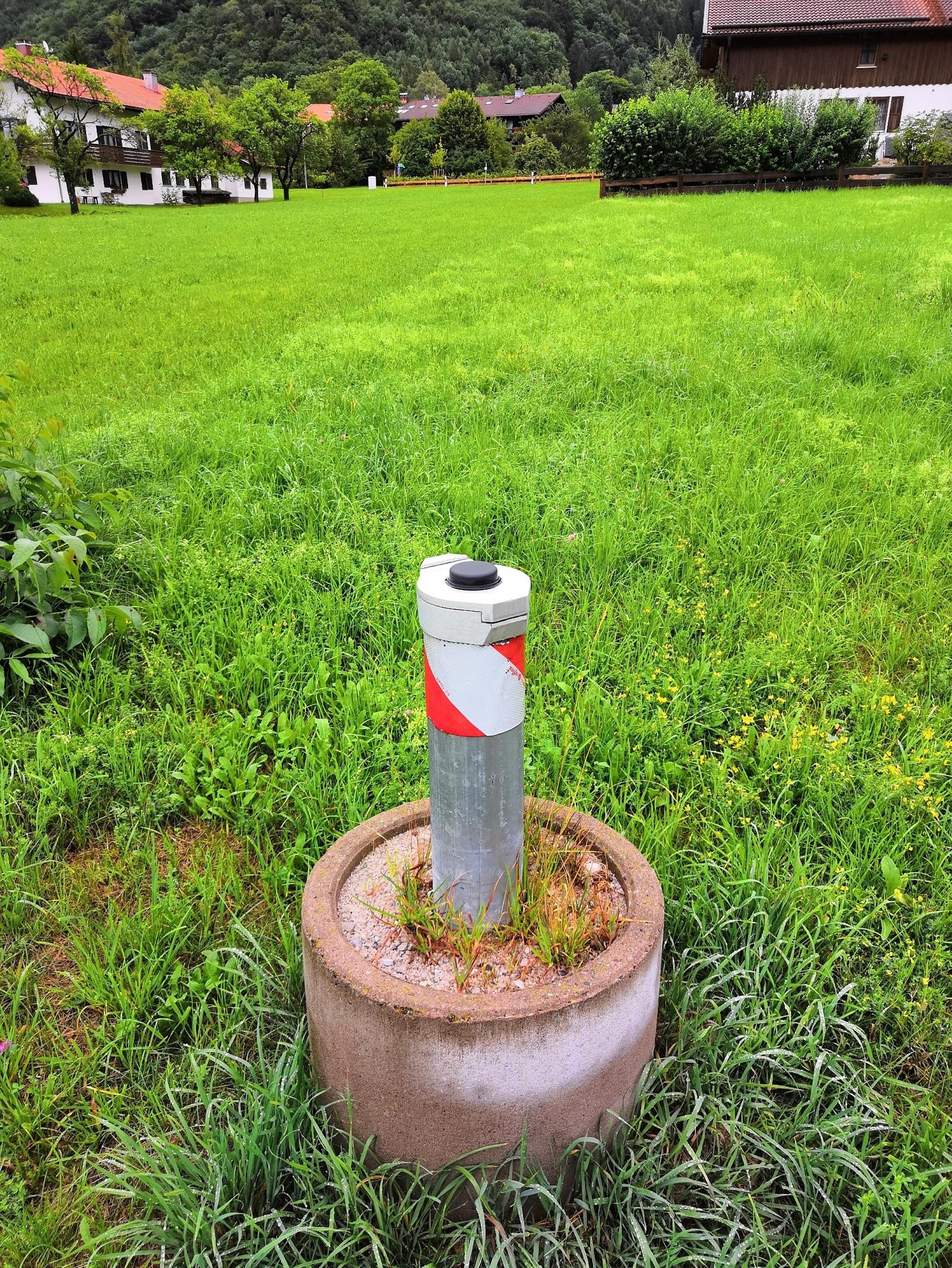Dec 2 2020
In the last few decades, groundwater reservoirs in Bavaria have heated up significantly. Scientists at Martin Luther University Halle-Wittenberg (MLU) have now compared temperatures at 35 measuring stations, taken at various depths, with the 1990s data.
 Groundwater station in Bavaria. Image Credit: Applied Geology / Uni Halle.
Groundwater station in Bavaria. Image Credit: Applied Geology / Uni Halle.
Water at a depth of 20 m was nearly one degree warmer on average compared to 30 years ago. The study findings were reported in the Frontiers in Earth Science journal.
Warming of the air leads to consequent warming of the ground over time—eventually leading to warmer groundwater. Geologists refer to this phenomenon as thermal coupling.
Unlike the atmosphere, however, the earth’s sub-surface is very sluggish.
Peter Bayer, Study Co-Author, Professor and Geoscientist, Martin Luther University Halle-Wittenberg
Since the ground below the surface does not respond to brief fluctuations in temperature and hence tends to reflect long-term trends, it is a good sign of climate change.
This ground warming effect has been known to scientists, however there is still little data on it.
Peter Bayer, Study Co-Author, Professor and Geoscientist, Martin Luther University Halle-Wittenberg
As part of the new research, Bayer and Hannes Hemmerle, his doctoral student, repeated measurements that were performed in the 1990s at 35 measuring stations in groundwater reservoirs present in Bavaria.
Since the measuring points are scattered all over the state, researchers can gain a unique understanding of the development of a whole region. The geologists could demonstrate that nearly all the groundwater reservoirs they analyzed had warmed up similarly over the decades.
“Climate change has a very clear effect at depths starting at around 15 metres; at that point short-term local or seasonal fluctuations can no longer be measured,” explained Hemmerle.
On average, the groundwater found at depths of 20 m was almost 0.9 °C warmer compared to the 1990s. At 60 m depths, it was still almost 0.3 °C warmer. Over the same period, the average air temperature increased by 1.05 °C.
It can be assumed that the groundwater will warm up even more as a delayed reaction to air temperatures and that it will continue to react to rising atmospheric temperatures in the future.
Hannes Hemmerle, Doctoral Student, Martin Luther University Halle-Wittenberg
According to Bayer, the impacts of this warming are still hard to predict, and higher water temperatures influence the growth of microbes and place pressure on underground ecosystems that have been adapted to highly constant temperatures.
To get a sense of the magnitude of the measurements, Bayer and Hemmerle also matched ground warming at a depth of 15 m with Bavaria’s annual heating needs. They found that the temperature rise corresponds to around 10% of demand.
“At least a portion of the heat could possibly be reused as geothermal energy,” noted Bayer. Yet, the findings cannot be applied directly to the entirety of Germany. “But it can be assumed that the trend is the same,” stated Hemmerle.
The study was financially supported by the Deutsche Forschungsgemeinschaft (DFG, German Research Foundation).
Journal Reference:
Hemmerle, H & Bayer, P (2020) Climate Change Yields Groundwater Warming in Bavaria, Germany. Frontiers in Earth Science. doi.org/10.3389/feart.2020.575894.